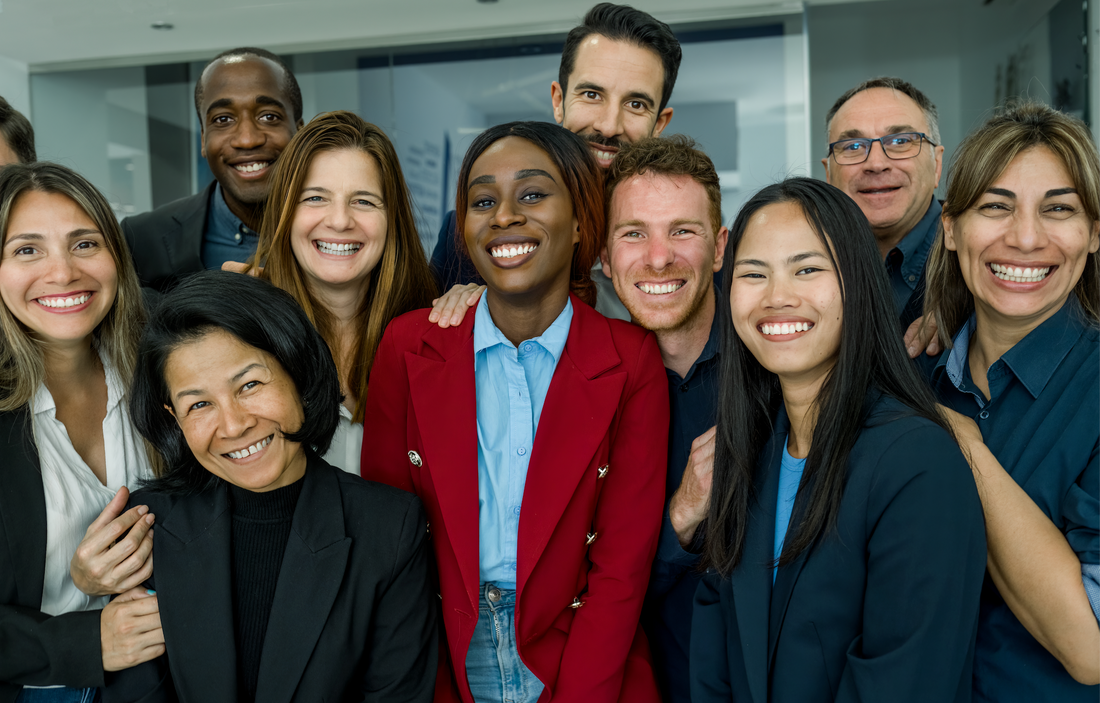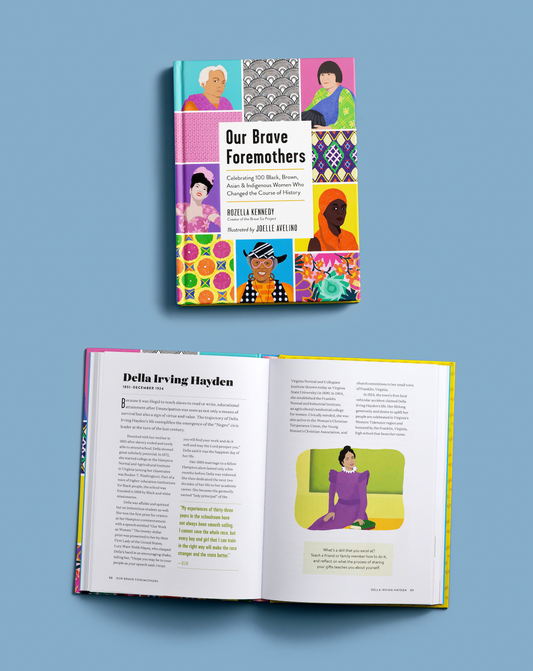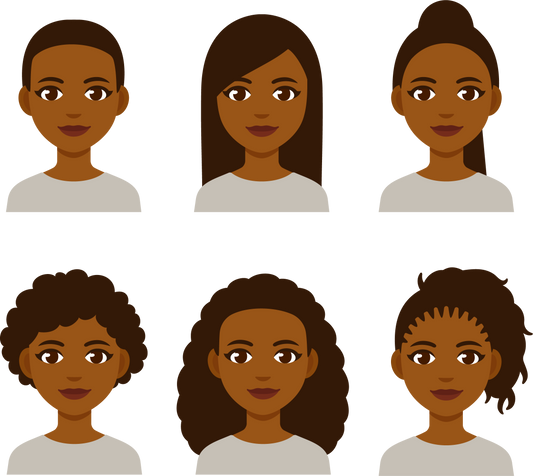OR: How Do We De-Center Default Whiteness in Order to Boost Mindset Shifts and Create Belonging and Sustainable Inclusion?

This has got to be a team effort
Ongoing societal progress requires that considerable time and effort continually be spent in “diversifying” communities, workplaces, and more. While laudable in their intention, most of these efforts place the onus where it should not belong. Too often, it’s “on” the “under-represented” person or communities to “step up” and “step in” to overwhelmingly closed spaces, where whiteness norms are overly prioritized. Moreover, deviances from these (white, “professional,” Anglo-Saxon) affective styles often lead to people (of color) being marginalized, erased, and even punished.
We are familiar with the Backpedalling/Extreme Othering Crisis that so often plagues people of color, particularly Black women in leadership positions across all industries. The trajectory is classic: praised and coveted for their skills and “life experience,” welcomed with open arms as “miraculous change-agent,” they are, within too short a timeframe, “othered,” minimized, punished, even forced out of the opportunity or role (for pushing too hard, speaking too truthfully, going too far/too fast... being the proverbial "Poor Fit.")
I have experienced this harm many times throughout my career, and the number of friends and acquaintances who can claim this sad legacy would require more toes and fingers than a human possesses. Through the racial reckoning activities of recent years, we have collectively been relieved (though not encouraged) to know that this is so common an outcome that it has a name: “Pet to Threat.”
As I and we continued to consider why so many Black women were propelled down the same miserable trajectory, a ubiquitous pattern of failed attempts to “diversify” workspaces and other groups began to emerge.
(A note: you may substitute other often-excluded groups in this discussion, but as racism is the original blueprint for enslavement, colonialism, and all discrimination in Western society, and given that Black and Brown women suffer the double intersectional bind of race and gender, I will center Black women in this discourse.)
Through the lens of a ”noble experiment” that somehow failed to ever meet its true marks (diversity and harmony, à la 1990s “We Are the World” and oh-so many “sisterhood circle” efforts), it became increasingly clear why so many (white) people “of good faith” were experiencing “diversity fatigue,” clamoring “are we ‘there’ yet,” and in the worst cases, disengaging from “DEIB”-related thinking. Or horrifyingly, moving to the side of the anti-diversity forces who seek to retract all civil rights gained over my literal lifetime.
From this perspective, it has become even more evident that the work of successfully diversifying spaces should not be the burden of the person or people seeking to enter the spaces “as a diversity being.” Our (people of color) lived experience, unique contributions, innovation X-factors, and all the other positive attributes generally ascribed to the “business case for DEI” are futile efforts—they even foster increased offense and harm—unless the white-centered individuals and systems are willing to create welcoming, “belonging,” truly authentically diverse spaces.
The challenge for so many well-meaning (or at least, racially agnostic) white people is that they, like all of us, live in a world that is centered in white, patriarchal, Global North-axised, capitalism-centric, ableist, individualist, Judeo-Christian, colonialist norms. I do not use these blunt words to invoke defensiveness or pearl-clutching; this is historical, social, and cultural fact. A great many people of color across these (Western, Global North) societies (including myself) also live fully within these norms, as to do otherwise basically guarantees marginalization, impoverishment, and worse.
But for real change to happen, for investments in diversification and inclusion to succeed, we have to take a different approach. This involves collectively and deeply analyzing, dissecting, and reconstructing societal and systemic norms. It is not as complicated and overwhelming as it might seem, for like all change, it begins at the individual level. Simply put: white people (and others who are adjacent to whiteness power and norms in systems and society) need to interrogate the white-centric, limiting mindsets, blindspots, and beliefs that are as “American as apple pie,” and then honesty commit to advancing, advocating, and shepherding change.
This work becomes an ongoing, potentially joyful practice of witnessing and questioning limiting norms, and courageously committing to a more Beloved Community. I believe the closer we get to attaining this new way of being, the less burden will be put upon the “under-represented” persons to contribute to the shared goals, and the less divided and hateful our world could actually be.
Through the work I’m propelling with Brave Sis Project, I’m only able to move the dial a little bit. I do however believe the welcoming, celebratory, and personal-growth approach within my offerings and platform provides an opportunity for intimate “aha!” “yes!” growth moments. And this is where it all begins. Allyship can never be proclaimed, it must be conferred upon the would-be ally by those with whom that person wishes to engage, work, love, and live. The path is not that onerous, but the first step is more fully opening one’s eyes. GenZ already gets this, and it would be interesting to “empower” these groups to be the guides “managing up” to the other generations. What role do the rest of us want to take in learning from their pluralistic worldviews?




